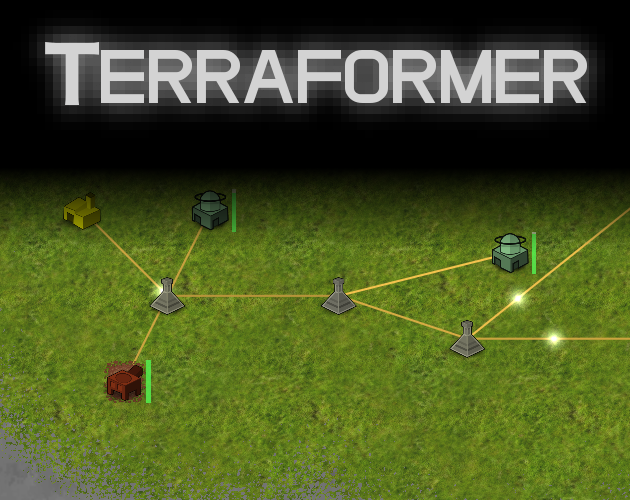

There were moments that truly shone, such as the first third of the book. I honestly believe I would have enjoyed this novel more had it not been so frustrating. Still, in the end, none of it mattered anyway, because all of it was lost in the noise. Also, when they weren’t completely nonsensical, some of the messages in the book were laid on a bit too thick for my tastes. The tragedy of course is that The Terraformers contains much deeper ideas about environmental conservation, the concept of intelligence and what defines it, along with other such thought-provoking themes-even if the narrative sometimes goes about it in some goofy ass ways. Almost immediately, characterization took a nosedive for the rest of the book, I struggled to connect with anyone else for they all came across as either an embodiment of idealized goodness or pure depravity with no middle ground. But the problem again arose with the abrupt and unceremonious way we were ripped from the first timeline, essentially hitting a reset button, and I was decidedly NOT as patient and forgiving the second time around. In fact, the vibes worked quite well for the lighthearted Wayfarers-type atmosphere and tone the novel was trying to establish. Up to this point, the story had sensation of being heavily stage-managed, nothing really occurring organically, instead relying on character tropes and feel-good cliches-which wasn’t exactly a negative point against it. It didn’t help that the author made me care about the characters and the scenario in the introduction, creating entire lives and histories, only to then turn around and pull the rug from under me, snatching me away from all the things I’d inevitably grown attached to. This first time jump was what started me down the path of disillusionment, realizing that not everything is as good as I believed it to be.


Skip forward then to hundreds of years later, the focus suddenly switches to a whole new direction. Caught at a crossroads, Destry ultimately makes a choice that will ripple across generations and change everything for better or worse. But then Destry and her colleagues stumble upon a city hidden deep inside a volcano-a city that, if discovered by her superiors, would have deadly repercussions for everyone o Sask-E. Vat-grown specifically to perform her job, Destry’s duties include patrolling the surface of the planet overseeing terraforming efforts while riding on a bio-robotic moose mount named Whistle. The story first starts by following Destry, a top network analyst working for the Environmental Rescue Team on the Earth-like planet Sask-E. However, when taken as a whole, the execution of the novel made it a challenging one to embrace. Needless to say, the premise, having been compared to the works of Becky Chambers and Martha Wells, immediately caught my attention. I wanted to like The Terraformers a lot more than I did. But when they're threatened with violent diaspora, Misha and Sulfur's very unusual child faces a stark choice: deploy a planet-altering weapon, or watch their people lose everything they've built on Sask-E. Working with a team of robots, naked mole rats, and a very angry cyborg cow, they quietly sow seeds of subversion. Together, they uncover a dark secret about the real estate company that's buying up huge swaths of the planet―a secret that could destroy the lives of everyone who isn't Homo sapiens. Torn between loyalty to the ERT and the truth of the planet's history, Destry makes a decision that echoes down the generations.Ĭenturies later, Destry's protege, Misha, is building a planetwide transit system when his worldview is turned upside-down by Sulfur, a brilliant engineer from the volcano city. But then she discovers a city that isn't supposed to exist, hidden inside a massive volcano. On the planet Sask-E, her mission is to terraform an Earthlike world, with the help of her taciturn moose, Whistle. Destry is a top network analyst with the Environmental Rescue Team, an ancient organization devoted to preventing ecosystem collapse.


 0 kommentar(er)
0 kommentar(er)
